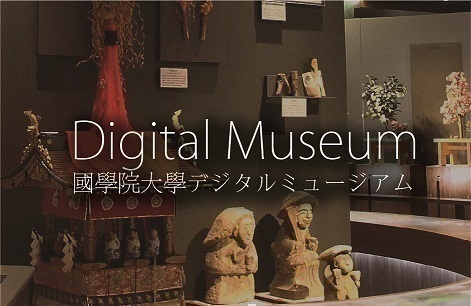- トップ
- Encyclopedia of Shinto
- Tada Yoshitoshi
Encyclopedia of Shinto
| Main Menu: | |
| Links: |
詳細表示 (Complete Article)
| カテゴリー1: | 8. Schools, Groups, and Personalities |
|---|---|
| カテゴリー2: | Personalities |
| Title | Tada Yoshitoshi |
| Text | (1698-175) Scholar of National Learning (kokugaku); antiquarian scholar and author of Floating World Tales (Ukiyo zōshi) of the mid-Edo period. According to general belief, he was born in 1698, but 1694, 1695, 1696 are all possible years for his birth. Tada's original lineage name was Minamoto, with other ancestors from the Katsura clan. His formal names included Masanaka and Yoshitoshi, and his common names included Shōen, Hyōbu, and others. Epistolary names included Shuntō and numerous others. Originally from Tada in Sesshū Province (present-day Kawanishi City, Hyogo Prefecture), Tada Yoshitoshi studied Chinese classics with Toriyama Shiken (1655-1715) and served in the households of high-ranking courtiers such as Shibayama Hirotoyo (1673-1723) and Sono Motoka while studying aristocratic Japanese poetry, language and the study of court appointments. He also received training in the traditional house learning transmitted through the Tada lineage. He heard lectures by Yoshida Kaneyuki (1652-1732) and Aoki Nagahiro (1656-1724) of Yoshida Shintō, Yamagami Kazue and Nakagawa Yōjin of Suika Shintō, and Kiso Kiyoari of Ise Shintō, and became a disciple of the well-known antiquarian scholar Tsuboi Yoshitomo (1657-1735). Tsuboi, however, severed ties with Tada after the latter wrote his Kujiki gisho meisho shōkō. Tada taught disciples mainly in the areas around Kyoto, Osaka, Nagoya, and Edo, and criticized the conventional and popularized Shintoism then current, rejecting secret transmissions and unconditional acceptance of a mentor's theories, insisting instead that all scholarship be open to the public. His principles also influenced the doctrine of the Buddhist Hokke sect, although his sources were later criticized as doubtful by Ise Sadatake (1718-84). Tada died on the thirteenth day of the ninth month, 1750, at the age of fifty-three (but possibly fifty-five, -six or -seven). His numerous writings were mostly hand copies of classical texts, such as Nunaha no sōshi, Kojitsu ruijūshō, Nihon jindaiki, and Nakatomi no harae ibukishō. —Kosō Masami |




